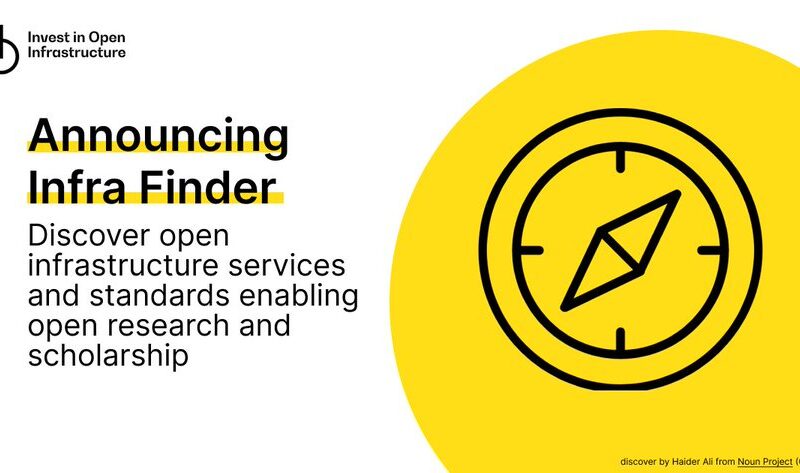
Quality and Integrity in Open Science
Quality and Integrity in Open Science https://opusproject.eu/wp-content/uploads/2023/04/pexels-skitterphoto-745708-scaled.jpg 1024 668 Open and Universal Science (OPUS) Project Open and Universal Science (OPUS) Project https://opusproject.eu/wp-content/uploads/2023/04/pexels-skitterphoto-745708-scaled.jpgOpen science is a rapidly evolving movement that promotes transparency, accessibility, and reproducibility in scientific research. It is a response to concerns about the reliability of scientific findings and the potential for bias, fraud, or other forms of misconduct. Open science encompasses a variety of practices, including open access publication, data sharing, pre-registration of studies, and peer review. However, in order for open science to achieve its goals, it must be conducted with the highest standards of quality and integrity.
Quality in open science refers to the rigor and validity of scientific methods and findings. This includes ensuring that research designs are sound, data collection is reliable and valid, statistical analyses are appropriate, and conclusions are supported by the evidence. Quality also involves adherence to ethical principles, such as obtaining informed consent from human participants, minimizing harm to animals, and avoiding conflicts of interest.
One key aspect of ensuring quality in open science is through rigorous peer review. Peer review is the process of subjecting a manuscript to evaluation by experts in the same field. This helps to ensure that the research is sound and that the conclusions are well-supported. However, peer review is not foolproof, and errors can still occur. Therefore, it is important for researchers to be transparent about their methods, data, and analyses, and to provide detailed documentation so that others can replicate and verify their findings.
Integrity in open science refers to the ethical conduct of research, including honesty, transparency, and accountability. This involves avoiding research misconduct, such as falsification, fabrication, plagiarism, and other forms of dishonesty. It also involves ensuring that research is conducted with the highest ethical standards, such as obtaining informed consent from participants, protecting confidential information, and avoiding conflicts of interest.
One way to ensure integrity in open science is through transparency. This includes providing detailed descriptions of research methods and procedures, making data and materials available for others to access and use, and disclosing any conflicts of interest or other potential sources of bias. Transparency also involves acknowledging limitations and uncertainties in the research, and being open to feedback and criticism from other researchers.
Another important aspect of integrity in open science is accountability. Researchers should be accountable for their actions, including the design and conduct of their research, the reporting of their findings, and their adherence to ethical principles. This includes being responsive to criticism and feedback, correcting errors or omissions, and retracting or revising findings when necessary.
In conclusion, quality and integrity are essential components of open science. Without rigorous adherence to scientific standards and ethical principles, open science risks undermining the trust and confidence of the scientific community and the public. Researchers who embrace open science must commit to conducting research with the highest standards of quality and integrity, and to being transparent and accountable in their methods and findings. By doing so, they can help to build a more reliable and trustworthy scientific enterprise that benefits society as a whole.
- Posted In:
- Open Science News




